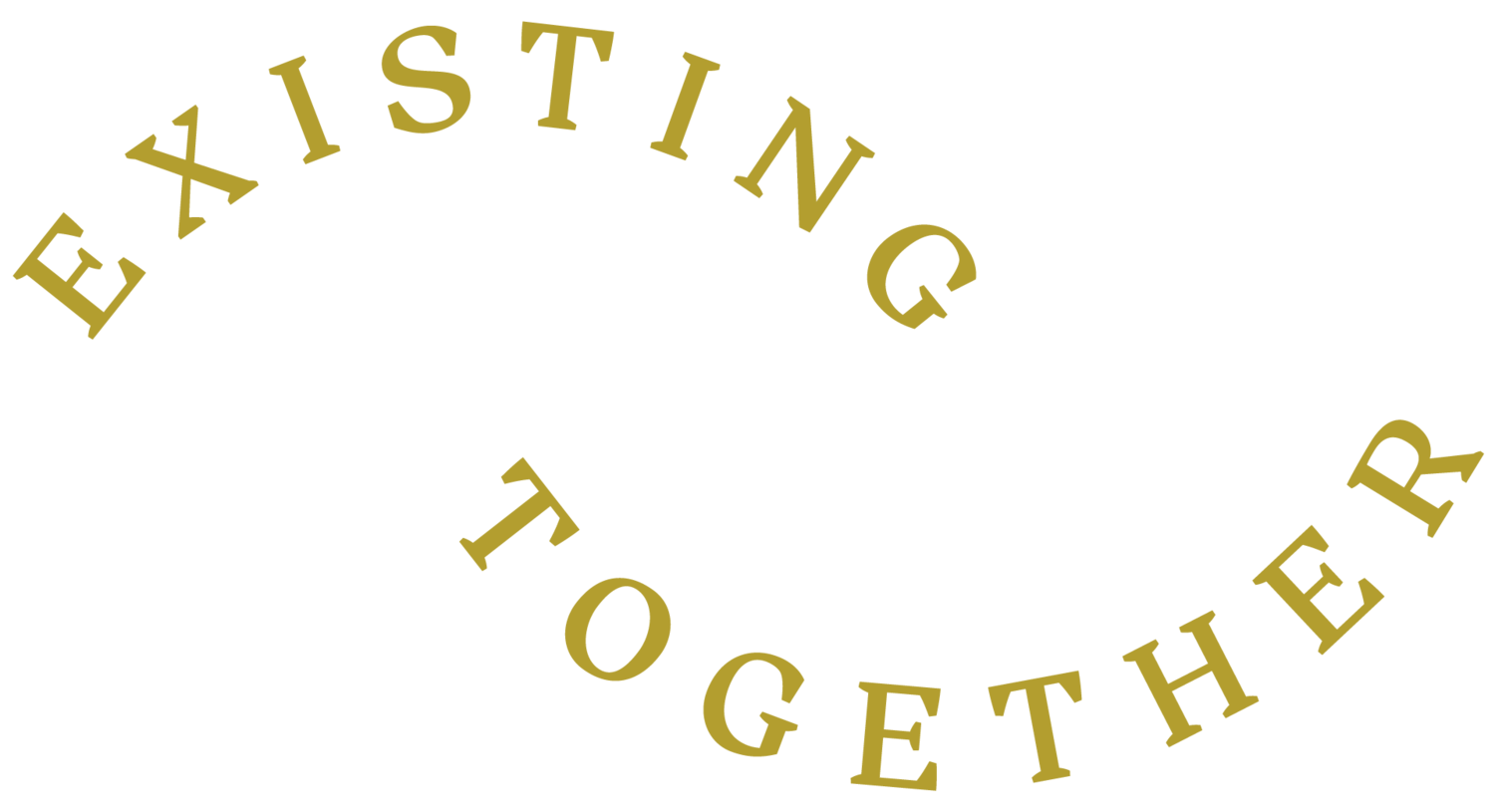Thoughts on living justice as a white person
I long for, demand, and am using my creativity and resources to practice a justice that does not pour more resources into a punitive policing and prison system that WILL NEVER lead us to justice.
In living this justice is I do not get the relief and satisfaction of “having done something.” I practice living without this relief or satisfaction because it keeps me clear on the truth, that there is more to do. This is not out of self-hatred. This is out of the honesty that is only possible in the context of self-love, which is also a context of love for my fellow humans and all beings. I practice this so that I don’t get caught up in the delusion of ego that tells me I “do enough” or “have done the right thing.” Those concepts distance me from people in that they are about comparison and competition. This is not the kind of thinking that helps me be safe for others. As a white person, my contribution toward justice begins with becoming safe for others.
I regulate my own nervous system. When I do this, I build resiliency, which contributes to becoming safe for others. When I don’t do this, I slide into unconscious reactions, guilt and shame, and become less safe for others.
I use the time, resources, physical and psychic space I have because of my position in society to transform my own relationship to the violence of my own innocence and ignorance.
My specific reality is that the primary impact I have during this time is on my partner and my child. My very immediate physical community. And further out, my impact in my work, including my internet and social media interactions. This will change as my child gets older, but right now I make the connections between how I act with them and my politics, my punitive thinking, which has its roots in racism.
I notice and examine when I feel challenged and uncomfortable, and spend loving, joyful time looking into why this is, and how I can become safer for others by developing comfort with my own discomfort. I reframe these activities as loving and joyful because that is what they are for - returning joy and love to Black people, which has been so violently taken from them. (What else would we rather do with our time on planet earth?)
I remember that nothing is mine, not my time, not even my body. It is rented temporarily from mystery itself. Therefore it is a joy to undo and re-think the oppressive ideas I have inherited around ownership and entitlement. I look for opportunities to give back what was never mine to begin with. This includes resources of all kinds, money, material goods, my thinking, tools, capacities, extremely educated brain. It is a joyful, vibrant duty to life itself to use my imagination and creativity, which also came from others, to find new ways to return resources to those who have had them unjustly taken.
In my practice of living justice, I do not exaggerate my impact on others. And I do not underestimate the power of my impact on others. I strive for a balanced view of my impact on others.
I remain open to, and relentlessly curious about, new ways to creatively live justice, every moment of every day.
It is my responsibility alone to find ways to practice justice. No one else can tell me how to do it. This goes back to number 2, and the harmful ways I have been taught to look elsewhere to an expert to tell me what to do, so I can “do it right” or “be good.” I can and will seek resources from people who can guide me, but the responsibility for meaningful action is my own. And the creativity to find actions that are true, real, realistically improving the lives of Black people specifically, loving, and done joyfully, is also my responsibility.
